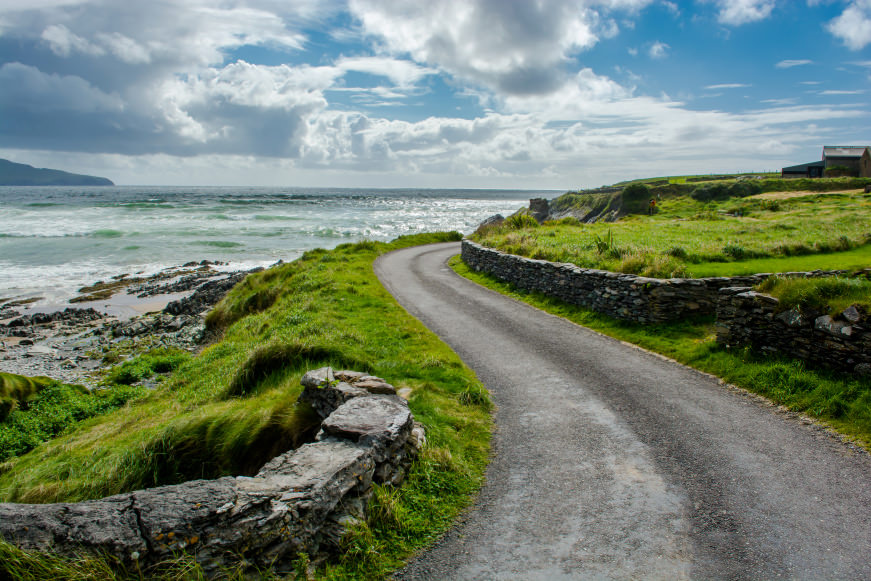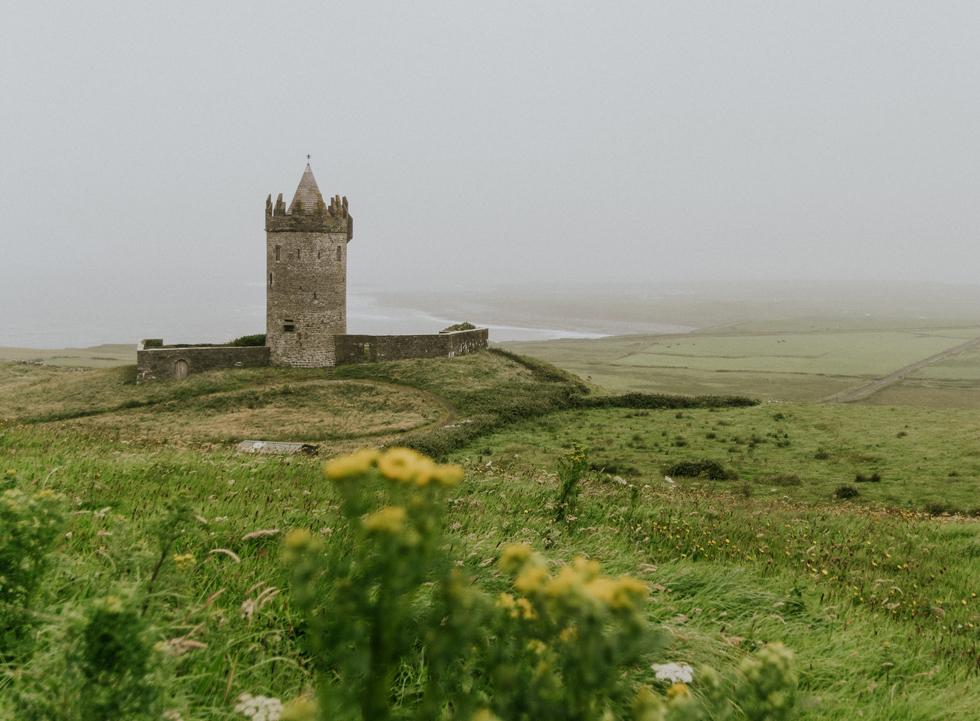The Sonnets are
Shakespeare's most popular works, and a few of them, such as Sonnet 18 (Shall I compare thee to a
summer's day), Sonnet 73 (That time of year thou mayst
in me behold) and Sonnet 116 (Let me not to the marriage of
true minds), have become the most widely-read poems in all of
English literature. Here you will find the text of
each Shakespearean sonnet with commentary for most.
Wednesday 30 October 2019
Thursday 24 October 2019

The English language owes a great debt to Shakespeare. He invented over 1700 of our common words by changing nouns into verbs, changing verbs into adjectives, connecting words never before used together, adding prefixes and suffixes, and devising words wholly original. Read more here.
https://www.litcharts.com/blog/words-shakespeare-invented/
http://www.bbc.com/culture/story/20160422-spot-the-real-shakespeare-words
http://www.bbc.com/culture/story/20160422-spot-the-real-shakespeare-words
Thursday 17 October 2019
Tuesday 15 October 2019
THE ELEMENTS OF DRAMA
A play is a form of literature written intentionally for theatrical performance. Most of the parts in a play are dialogues between characters intended to be performed by actors and actresses to move the story along.
There are six main elements of drama which serve as the basis of producing a successful play. Altogether, they provide a building block by which dramatic works can be analyzed and evaluated. By knowing and using the elements of drama, the skills needed in creating a successful performance, as well as the skills required to analyze a drama, could be developed.
The followings are the elements of drama and their brief description:
Plot
Referring to the basic storyline of the play, the plot is the structure of a play which tells what happens as the story goes on. The plot structure can be divided into six stages:
- The exposition is simply an introductory part that provides the background information needed to properly understand the story.
- The inciting incident, or conflict, is the event that sets the action of the play in motion. It is what gets the story going.
- The rising action is a series of events, including complications and discoveries which create the dramatic climax of a plot.
- The climax is the turning point, or the peak, of a plot which holds an utmost emotional intensity of the play.
- The falling action is a series of events following the climax that leads to the solution of the conflicts.
- The denouement serves as the conclusion of the plot in which the conflicts are resolved. It is the ending scene of the drama.
Character
Characters are the people, or sometimes animals, who are portrayed by the actors and actresses in the play. They are one of the main components that move the action of the play forward. Characters can be categorized into three types according to the roles they play. The main character of the play is known as the protagonist. The antagonist is the character who opposes the protagonist. The other characters are called the secondary characters. They may have a major part or a minor involvement in the drama.
Setting
The setting is the place, together with other conditions, such as time and the environment, involved in which the events occur. The setting can be presented through the visual elements which deal with the scenes, costumes and special effects used in it. The setting can also be enhanced by using sound effects and music.
Theme
The theme refers to the message that is intended to be expressed through the story. In other word, it is the main idea or the lesson to be learned from the play.
Genre
Genre is the type of play. The examples of genre in which the play can be classified include tragedy, comedy, romantic, mystery, and historical play.
Audience
Audience is a group of people who watch the play. Audience can be said to be the most important element of drama to be considered about, since it is the audience that determine whether the play is successful or not. Also, many playwrights write the plot of the play with a great concern regarding to their groups of audience rather than their own interests.
Tuesday 8 October 2019
THE ELIZABETHAN AGE - THE CHAIN OF BEING
The Chain of Being or scala naturæ is a classical conception of the metaphysical order of the universe in which all beings from the most basic up to the very highest and most perfect being are hierarchically linked to form one interconnected whole. Read more here.
Subscribe to:
Posts (Atom)





